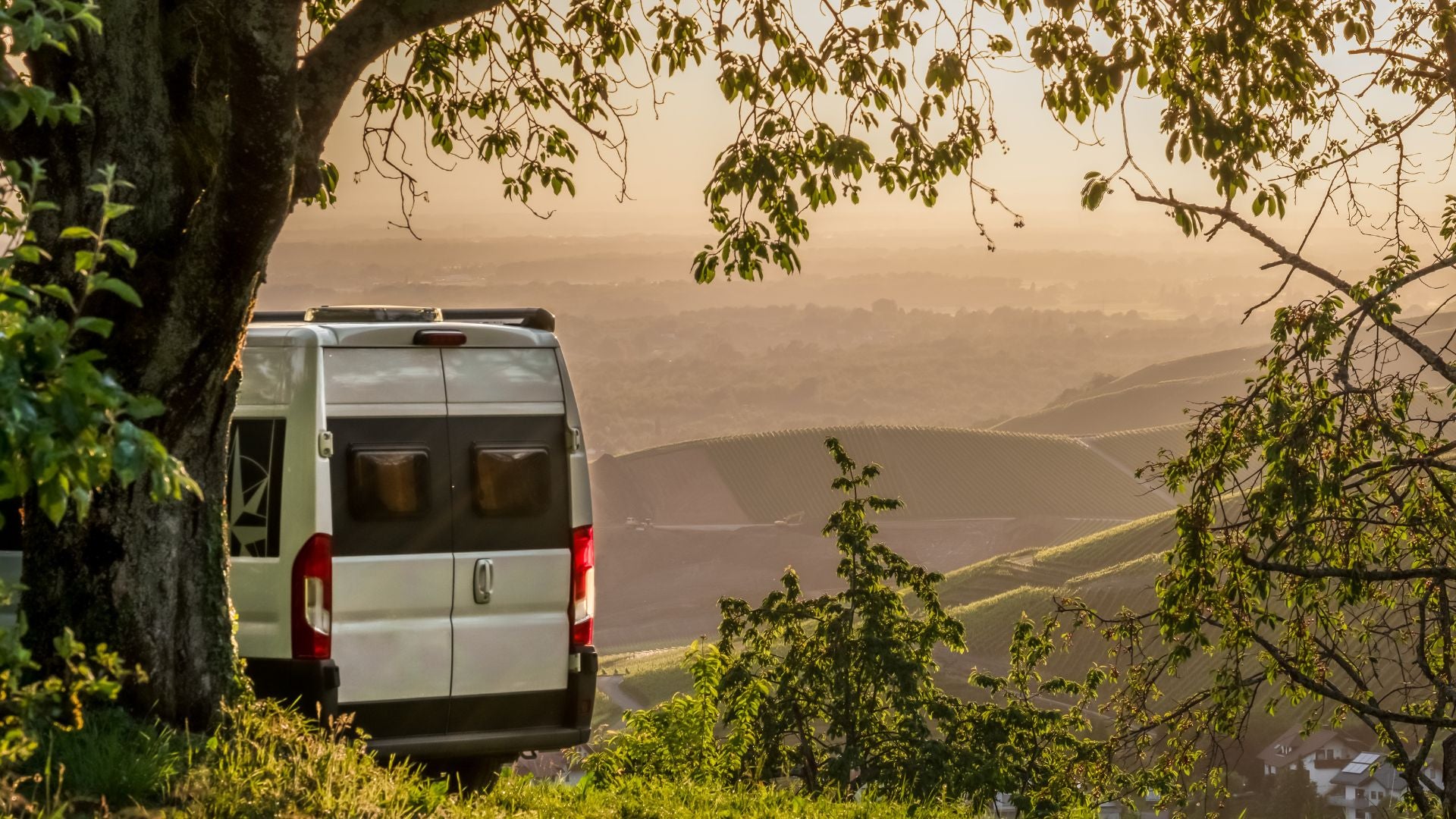Living off-grid sounds like a dream until you consider the struggles of living with no electricity. The good news is that your campervan can double as your new home with the right electrical system and setup. Following these three tips for creating an off-grid campervan electrical system is a good place to start.
1) Learn the Lingo
The first thing you must do before figuring out the best electrical system for your van is to learn the lingo. Unless you are a master electrician, the terminology you’ll come across in every tutorial guide is difficult to understand. Here’s what you’ll need to know:
- 120v: Most household appliances, such as refrigerators and TVs, need 120v of electricity. While you won’t have every appliance in your campervan, you’ll need some.
- 12v: Another voltage measurement that’s vital in your campervan. Many smaller appliances, such as a coffee machine, require a 12v battery.
- Watts: The units that measure the power of an appliance. You can calculate watts by multiplying volts x amps. (W = V x A).
- Amps: the amount of current a device will consume or needs to operate
- Wh or Ah: Watt-hours or Amp-hours measure electric charge over a period.
- AC power: Alternating current power is what we get from the sockets in our home.
- Hookups: The system that powers your devices by using standard power.
- Off-grid: An electrical system that doesn’t operate with any hookups.
- DC power: You can get direct current power in various ways, including the batteries you’ll have with you.
- Shore power: electricity from the grid that you can access at a plug in location.
2) Should Your Van Have All That Power?
There isn’t a one-size-fits-all approach to powering your campervan, so you must determine how much power you need to live the off-grid lifestyle you want. You will need a solar panel system to fully embrace off-grid living since AC power won’t be an option.
Additionally, you need to figure out how much time you plan on spending in the van. There’s no need to get the most powerful system possible if you’re hardly going to be in your campervan. Take notes of your typical day-to-day and see how much power you use. You should have a solid understanding of the type of system you need.
3) Find the Perfect Battery
The next step is figuring out what leisure battery you need. These batteries will be the driving force behind your DC devices. Your best bet for performance is lithium-ion. These batteries are smaller and lighter than the others, but they offer the most power.
The oldest and most inefficient leisure battery is the flooded lead-acid battery. Unlike lithium-ion, these are a hassle to maintain and could create a mess if overcharged. Lastly, the absorbed glass mat (AGM) battery is prevalent in campervans because they’re relatively inexpensive and maintenance-free. You should never drain your battery to under 50%; you risk shortening its lifespan.
These three tips for creating an off-grid campervan electrical system are the tip of the iceberg of this intricate process, but it’s a start. Unaka Gear is the place to shop for powering your camper van. We provide high-quality items, such as a Victron monitoring system, that guarantee your campervan will run smoothly.



Share:
Advantages of Using a Victron Battery in Your Van Build
6 Benefits of Adding an Awning to Your Camper Van